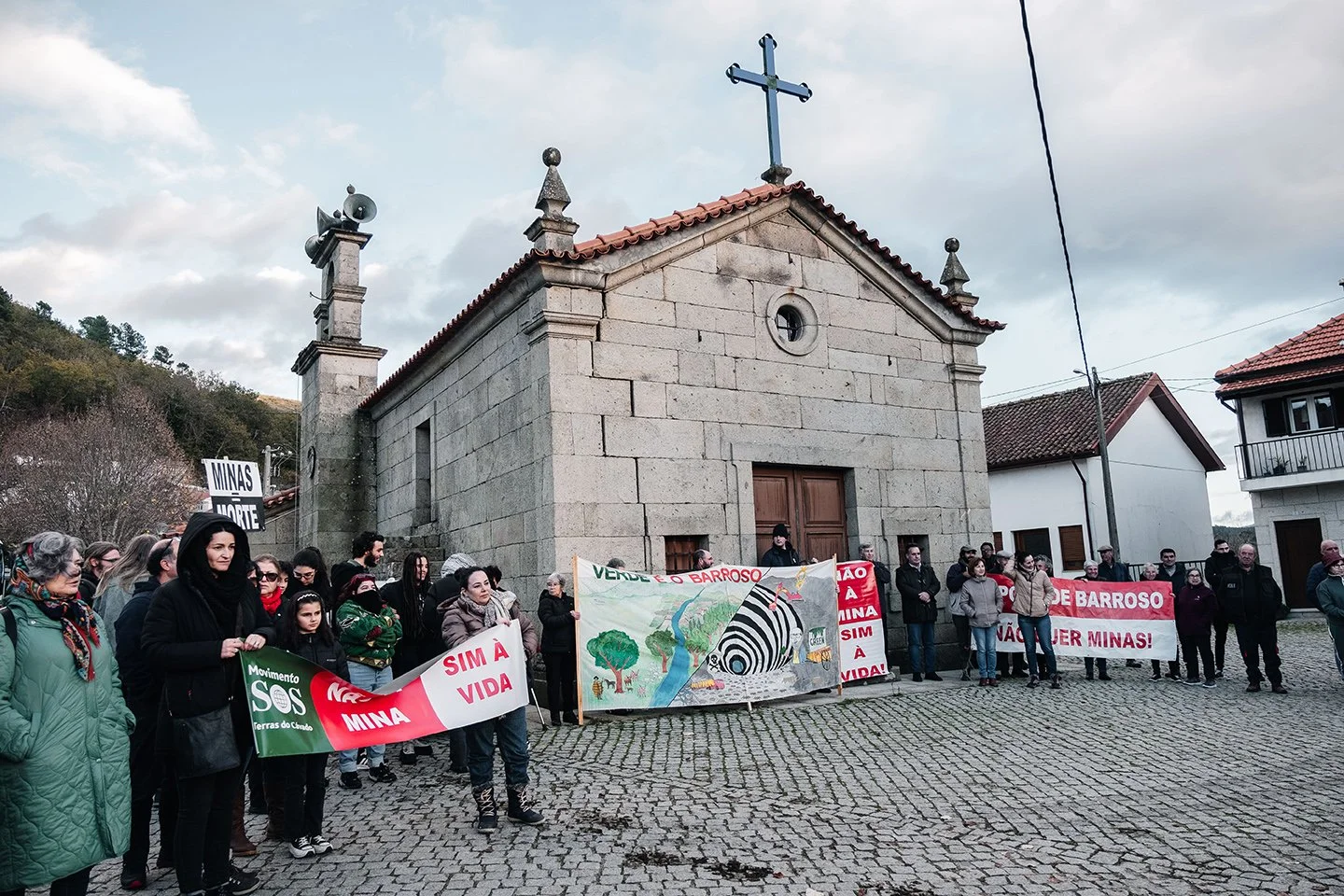Europe’s Rush for Critical Raw Materials: Protests against Lithium Mining in Northern Portugal
In Covas do Barroso, a small village in northern Portugal, a fierce resistance is growing against a large-scale lithium mining project. Known for its lush landscapes and sustainable farming practices, the region has unexpectedly become a battleground in the geopolitical struggle for critical raw materials. While the European Union pushes for domestic lithium production to reduce reliance on imports, local residents fear the irreversible destruction of their land.
The British company Savannah Resources plans to extract 27 million tons of lithium-rich ore here—enough to supply batteries for 500,000 electric vehicles per year. If completed, it would be the largest lithium mine in Europe. But for the people of Covas do Barroso, this project is about more than economics; they see it as a direct threat to their way of life, their water supply, and the very fabric of their community. Deep rifts have already formed within families and social circles as tensions mount over the future of their land.
The village of Covas do Barroso in the north of Portugal.
A threat to land and livelihoods
The proposed mining area includes communal land (baldios), shared by approximately 70 villagers for agriculture, livestock, and forestry—an economic system so unique that it has been recognized by the FAO as a Globally Important Agricultural Heritage System. Yet, since the project was approved in May 2023, the first signs of environmental degradation have appeared: test drilling, deforestation, and excavation have begun. Villagers have documented unauthorized activities by the mining company and organized patrols to protect their land.
People live mainly from cattle farming.
Lithium as a geopolitical chess piece
Lithium is considered a key resource for the European energy transition. To reduce dependency on foreign supplies, the EU is investing heavily in domestic extraction, facilitated by the Critical Raw Materials Act, which aims to streamline approval processes and provide financial incentives for mining projects. However, Covas do Barroso illustrates the darker side of this push—environmental destruction and social conflict.
The urgency to secure lithium also grown due to global geopolitical tensions. Russia’s war in Ukraine has intensified Europe’s efforts to decrease reliance on Chinese and Russian raw materials, accelerating lithium mining projects across the continent—often against the will of affected communities. Meanwhile, Latin America has long been at the center of the global lithium rush, with large-scale extraction projects in Argentina, Bolivia, and Chile supplying much of the world’s demand. Activists there have raised similar concerns about environmental degradation and social displacement, highlighting the broader consequences of a global scramble for lithium.
Savannah Resources already started constructing the mine.
Defending the village
The residents of Covas do Barroso are unwavering in their opposition. Protest signs adorn nearly every home, legal action is underway, and demonstrations are frequent. They challenge not only this specific project but also the broader assumption that economic growth and environmental sustainability must come at the cost of rural communities.
“We live off this land,” says Aida Fernandes, a local activist. “If the mine goes ahead, our water will be polluted, our soil destroyed, and our way of life made impossible.” Similar battles are playing out in other parts of Europe, from Spain to Germany to Finland. The protests in Portugal are a microcosm of a larger debate over the future of resource extraction in Europe.
Protest march against lithium mining in the village.
A struggle with wider implications
The fight in Covas do Barroso is not just about one village—it symbolizes the broader challenges faced by rural regions under pressure from Europe’s resource boom. Their protest sends a clear message: the shift towards a greener economy must not come at the expense of local communities and ecosystems.
The European lithium debate underscores a crucial question: can clean energy technologies truly be sustainable if their resource extraction is rooted in social and environmental exploitation?
Several protest slogans at the village’s main square.





